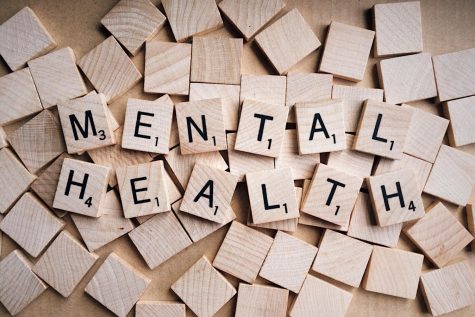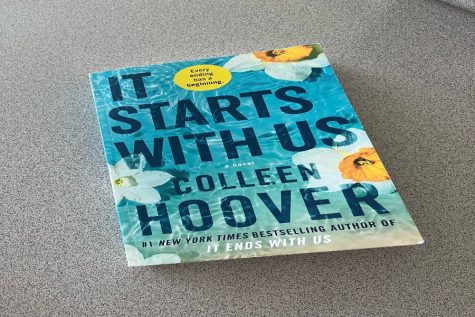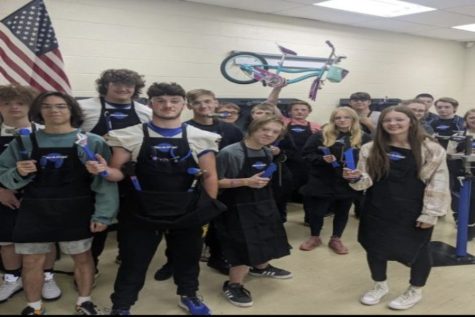When am I going to use this in real life?
It’s the 10-word phrase we all try to hold back on a daily basis at school, “When am I going to use this in real life?”
Five days a week, we wake up at 6 a.m. and make our way to school just before 7:30. We sit at a wobbly desk, blinded by the bright indoor lights, many of us with no windows allowing us to see the outside world, confined for hours a day, and wait as patiently as possible for each teacher to begin class.
Students often make the argument that the education system teaches students unnecessary information.
Students have been taught the basics throughout their career in school.
How to add and subtract. How to indent a paragraph. How to punctuate correctly. How to graph. And, it seems most importantly, how to be a disciplined student.
As the years pass by in school, the curriculum seems to be, in simple terms, pointless.
Why do I need to know that the mitochondria is the powerhouse of the cell? Why am I being tested on graphing a trig function and its inverses? Why is it required that I know how to balance a chemical equation?
It is an important part of life to have broad knowledge in most subject areas, but will knowing these specifics determine my success in life?
School often gets frustrating because what we learn is a requirement, and nine times out of 10, it is something we students find no interest in.
Unless you aim to be the next surgeon, engineer, or chemist, the things we learn are hardly ever used in daily life after high school.
Time is being wasted on unnecessary information when we could be expanding our knowledge specifically on the career or subject we find interest in.
An art class may be interesting to the next want-to-be Picasso, but some of us have problems even drawing a good stick figure (count me as one of those people).
And some of us can excel in trigonometry, or even calculus, but others are not even aware that the alphabet is in some way mysteriously tied into math.
I find it almost humorous that students are given all this information just to pass a standardized test and then forget it within the next week.
Unless it is one of our passions, or something we would want to wake up to everyday and learn as much as we could about it, a standardized test shows nothing of one’s real talent.
It is not only the fact that we learn so much miscellaneous information, but most of us students do not know how to file our taxes, write a resume, or even have the slightest clue what insurance is or how it works.
Why can there not be a class called Basic Life Skills 101, where students can learn all of that, as well as cooking, and sewing, and all of the neat little skills our parents have?
So no, students, we cannot expect that everything learned inside the classroom will be useful in our future success. But I do believe it is in your best interest to soak up all the knowledge that is handed your way.
Knowledge cannot hurt — it only makes one a stronger, more well-rounded individual.

Class: Junior
Extracurricular Activities: Dance
Hobbies/Interests: Shopping, music, dancing, sleeping
Plans after high school: Attending Michigan...











